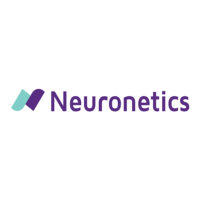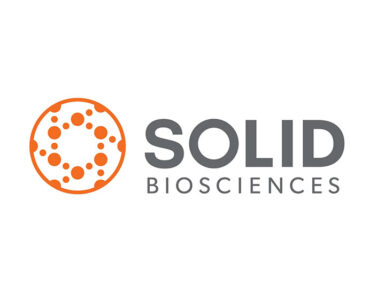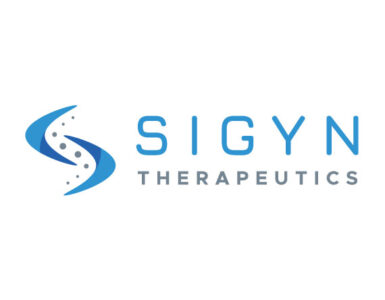
Analysts at Piper Jaffray, William Blair and BTIG launched coverage of Neuronetics (NASDAQ:STIM) with “overweight, outperform and buy” ratings, respectively. The stock closed at $26.53 on July 20.
“Although the company is not alone in the transcranial magnetic stimulation (TMS) market for treating depression, we believe it has a technology and organizational advantage that will allow it to dominate the category,” writes analyst Matt O’Brien of Piper, who set a $32 price target on the stock.
A favorable reimbursement environment and strong service component of the story should allow the company to generate strong domestic sales growth and, with an expansion of a large Japanese market opportunity for TMS, “we believe Neuronetics will grow above 20% on the top-line for several years to come,” he added.
In addition, Mr. O’Brien said the company has strong gross margins that should allow it to move quickly to bottom line profitability in a few years, which is ahead of most other medical technology companies.
“The combination of these features, along with a modest enterprise value/sales multiple on next year’s numbers makes Neuronetics, in our view, a name to own at these levels,” he added.
Margaret Kaczor of William Blair said Neuronetics trades at 6.5 times her 2019 revenue estimate of $59.4-million, representing 21% growth.
“We believe that Neuronetics has an appropriate strategy in place – one that the company has piloted and gathered data on before implementing- to drive 20%-plus top-line growth for the next several years,” she added.
Dr. Sean Lavin of BTIG set a $33 price target on the stock, writing that “we think Neuronetics can protect its economic moat if it can successfully execute its commercialization strategy, drive greater recurring revenue, lever its infrastructure through volumes, maintain price stability and successfully defend its IP.”
For psychiatrists, he said the system adds a potential profit center. For patients, the NeuroStar TMS system may lead to successful outcomes, compared with pharmacotherapy, without the damaging side effects. “Finally, we feel this should be of greater value to payers over time as a more cost-effective option vis-à-vis indefinite trialing of medication and therapy.”





